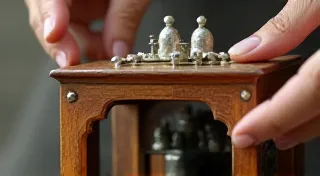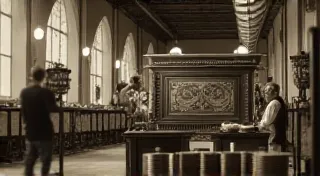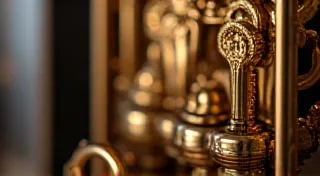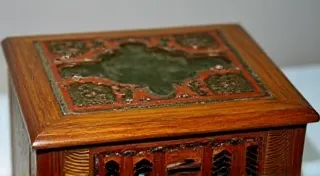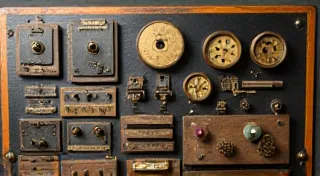Collecting Antique Music Boxes: A Beginner's Guide
Welcome to the enchanting world of antique music boxes! These beautiful and intricate devices offer a fascinating glimpse into the craftsmanship and artistry of the past. Whether you're drawn to their melodious tunes, their historical significance, or their sheer beauty, collecting antique music boxes can be a wonderfully rewarding hobby. This guide will provide a beginner's introduction to collecting, covering essential aspects like identifying valuable pieces, assessing condition, and building a collection that reflects your personal taste.
Why Collect Antique Music Boxes?
Beyond the intrinsic beauty, antique music boxes offer a unique connection to history. They represent a time when intricate mechanical artistry was prized, and the sounds they produce evoke nostalgia and a sense of bygone eras. Many were treasured heirlooms, passed down through generations, each carrying its own silent story.
Identifying Valuable Antique Music Boxes
The value of an antique music box isn't solely based on age. Several factors influence price. Here’s a breakdown:
- Maker: Certain manufacturers are highly sought after. Swiss makers like Reuge, Junod, and Polyphon are generally considered premium and command higher prices. German makers like Rollco and Syon also have their admirers.
- Rarity: The rarer the music box, the more valuable it tends to be. This can be due to limited production runs, unique features, or unusual designs.
- Movement Quality: The sophistication and quality of the musical movement are critical. Intricate movements with multiple tunes or elaborate embellishments add value.
- Material & Decoration: Music boxes crafted from precious metals (gold, silver) or featuring elaborate inlays, enamel work, or hand-painted scenes are generally more valuable.
- Condition: This is arguably the most important factor. A music box in pristine, original condition will always command a higher price than one that's been heavily restored or is in poor repair.
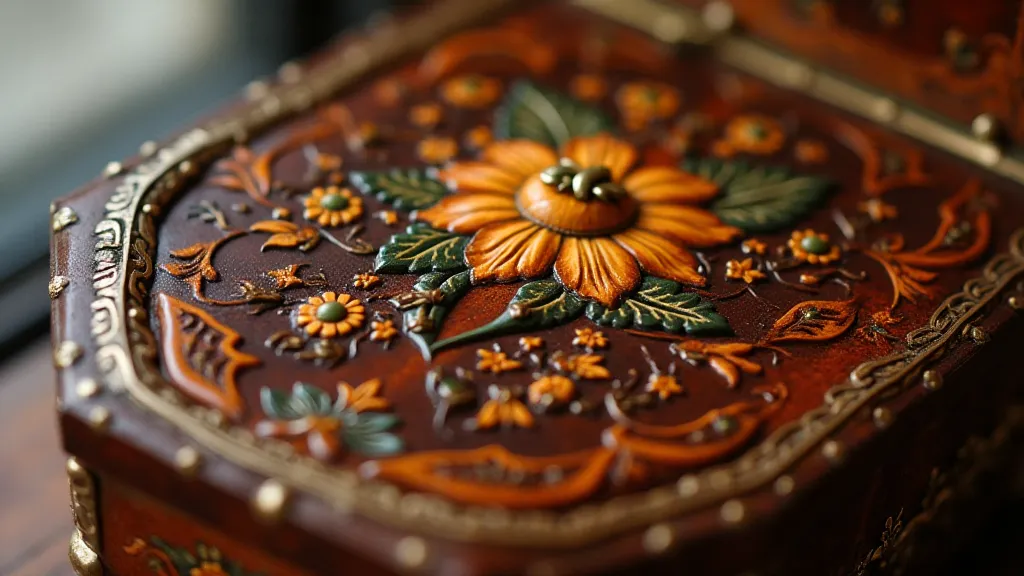
Assessing Condition: What to Look For
Evaluating the condition of an antique music box is crucial for determining its value and assessing the potential restoration work needed. Here’s what to look for:
- Case Condition: Check for cracks, chips, warping, or missing veneer. Look for signs of repair or refinishing.
- Movement Functionality: Does the music box play? Does it play correctly? Are any cylinders or combs damaged? Listen for unusual noises or hesitations.
- Originality: Has the music box been altered or modified in any way? Are all the original parts present? Replacements or non-original components can detract from value.
- Paint & Decoration: Look for fading, wear, or damage to the original paint or decoration.
- Key & Crank: Are these original? Do they function smoothly?
Getting Started: Building Your Collection
Building an antique music box collection can be a journey of discovery. Here are a few tips to get you started:
- Define Your Focus: Do you want to specialize in a particular maker, style, or era? Focusing your collection can make the process more manageable and enjoyable.
- Research: Learn as much as you can about antique music boxes. Read books, visit museums, join online forums, and connect with other collectors.
- Start Small: Begin with a few affordable pieces to gain experience and build your knowledge.
- Attend Auctions & Shows: These are great places to find unique and interesting music boxes.
- Be Patient: Building a valuable collection takes time and dedication.
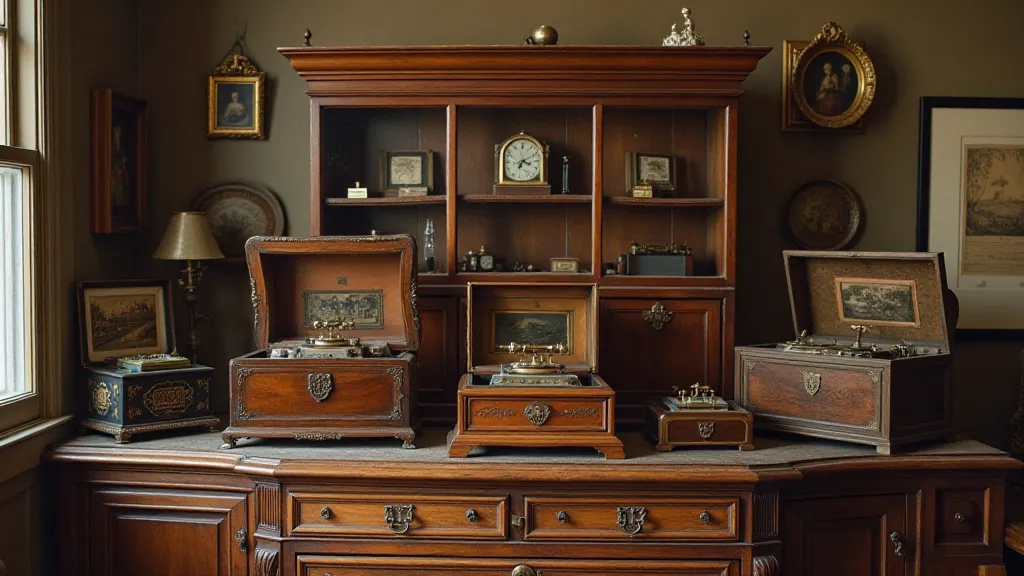
Restoration Considerations
Many antique music boxes require some level of restoration. This can range from simple cleaning to complex mechanical repairs. If you’re not experienced in music box restoration, it’s best to leave repairs to a qualified professional. Improper restoration can significantly damage the value of a music box. However, a proper restoration can bring a neglected piece back to life and enhance its beauty.
Resources for Collectors
Several resources are available to help aspiring music box collectors:
- Antique Music Box Societies: These organizations offer a wealth of information, resources, and opportunities to connect with other collectors.
- Online Forums & Websites: Many online forums and websites are dedicated to antique music boxes.
- Auction Houses: Auction houses specializing in antiques and collectibles often have music boxes for sale.
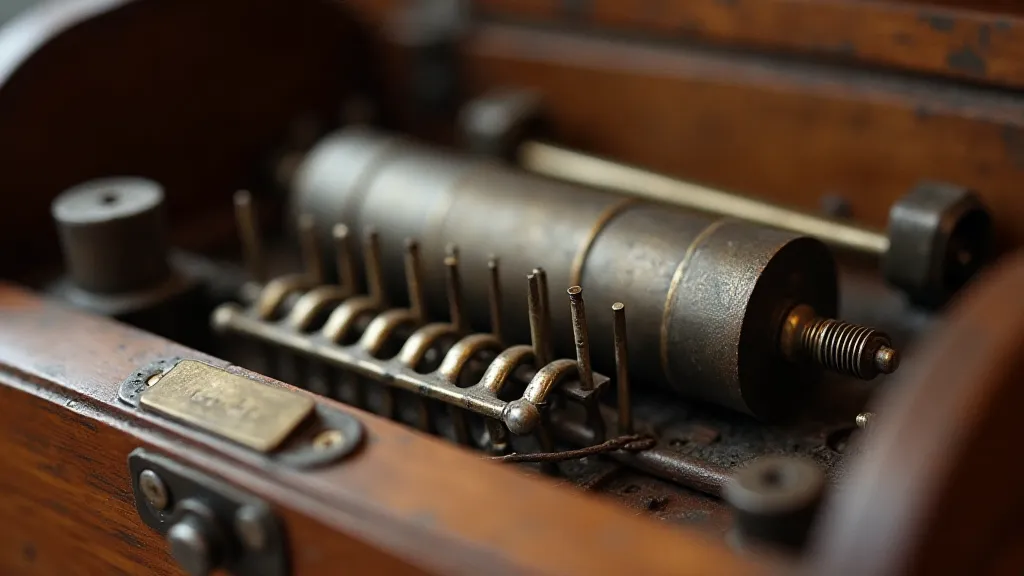
Collecting antique music boxes is a rewarding hobby that combines appreciation for history, craftsmanship, and beautiful music. With a little research, patience, and dedication, you can build a collection that brings you joy for years to come.
